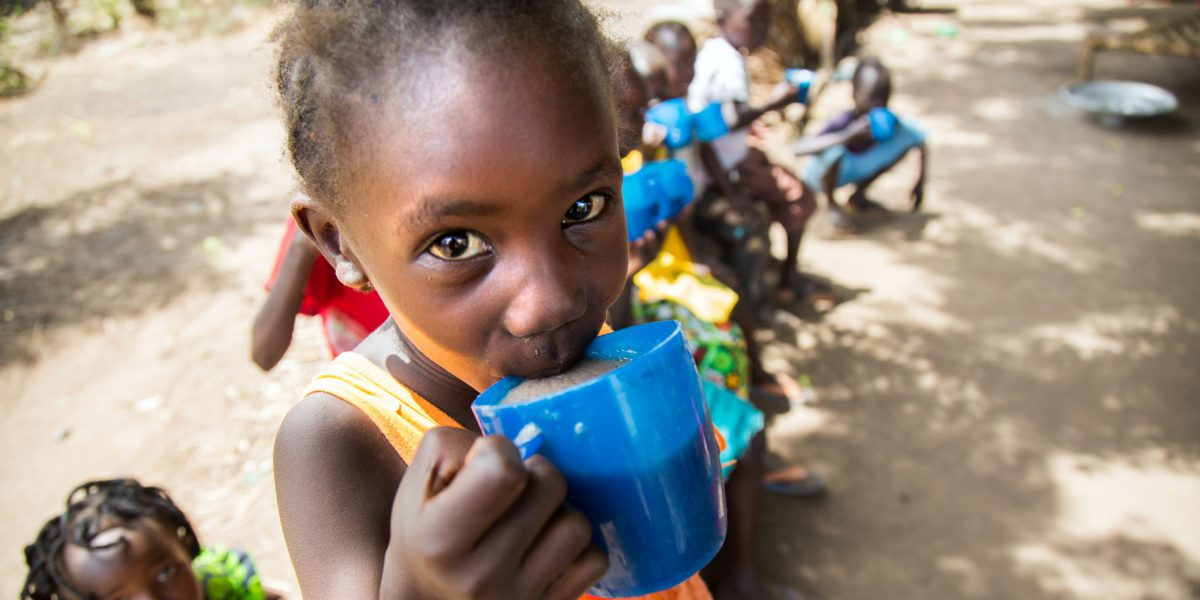International Day of the Girl Child: “My Voice, Our Equal Future”
12 October 2020

Jesuit Refugee Service/USA observes the 8th Annual International Day of the Girl declared by the United Nations, and this year’s theme, “My Voice, Our Equal Future,” celebrating girls’ autonomy and leadership within their communities to achieve an equitable future.
Displaced girls face unique barriers to education with double the likelihood that a refugee child is not attending school relative to other children, and refugee girls even less likely to be receiving a formal education. Covid-19 has further exacerbated this challenge, making learning for refugee girls even more inaccessible due to school closures and remote operations.
According to the UN, nearly 1 in 4 girls aged 15-19 is neither employed nor in education or training compared to 1 in 10 boys of the same age. By 2021, around 435 million women and girls will be living on less than $1.90 a day – including 47 million pushed into poverty as a result of the global lockdown.
Despite the challenging circumstances, JRS is committed to protecting the future of refugee education, adapting to obstacles posed by the COVID-19 pandemic, and providing education to thousands of refugee girls so they can grow into agents of change within their communities.
Read more about Protecting the Future Initiative here.
One young adolescent refugee girl kindling change in her community is Rosie. Rosie is a Chin refugee based in New Delhi. Initially, she was reluctant to interact with her community due to fear of discrimination. With support from JRS India, Rosie attended an International Day of Peace Celebration at the JRS Chin center, allowing her to routinely attend peace sessions – today, she is actively involved in the peace club. Now, she uses her newfound knowledge on multiculturalism, peacebuilding, and non-violence, to build a better future for her community.
Another young refugee with ambitious dreams is Maw Meh, a 9-year-old girl in a refugee camp in Thailand. Her parents fled from Myanmar in 1996 when they were just kids due to violence inflicted by Burmese and Karenni soldiers. Maw Meh took personal responsibility to collect water for her family and her parents are proud of her intelligence and resourcefulness. Maw Meh enjoys learning, attending school, and wants to grow up to be a nurse and serve those who are ill. She is a top student and engages in class activities with her peers. Maw Meh’s parents encourage her to pursue this goal and instill in her values of giving back to the community.
JRS is committed to building a better future for displaced girls like Rosie and Maw Meh and to their educations, livelihoods, and dreams so that all girls can exercise their voices in creating a better world.



